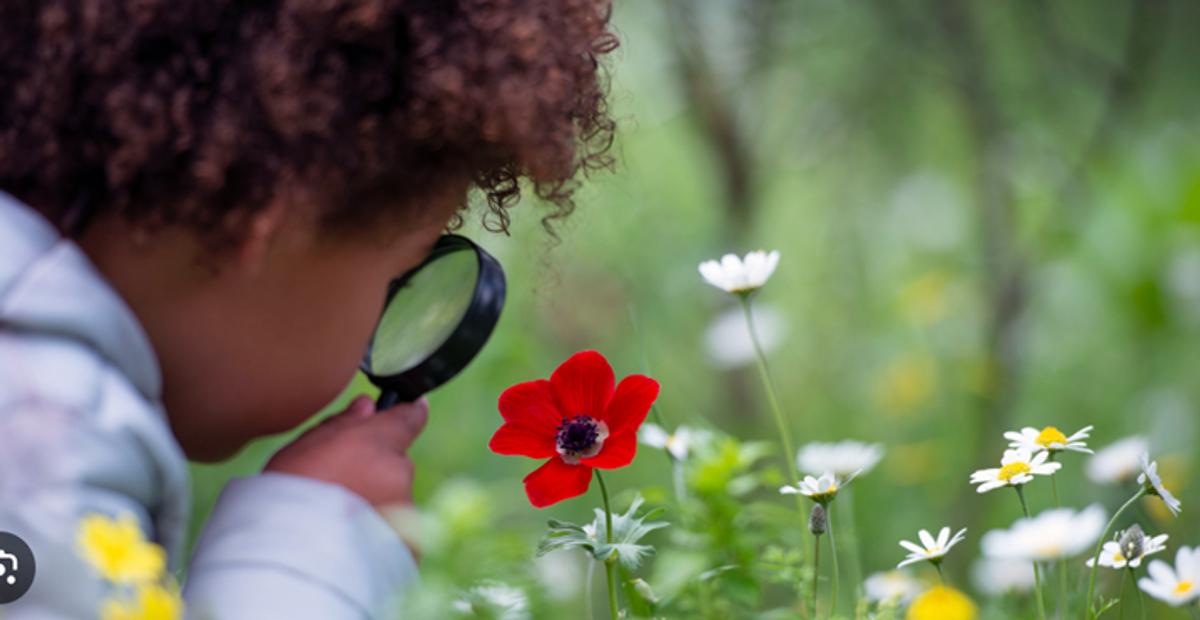Assistant Principal's Page
from Bree's Desk

Assistant Principal's Page
from Bree's Desk
It is hard to believe that there is only one week left until the school holidays! Many parents ask what they can do to support their child’s learning during the break. So here’s some advice from Melbourne Child Psychology (with which I couldn’t agree more!)
The holidays are a time for rest, relaxation, family time and celebrations. But learning doesn’t have to stop when the school gates close… You can help foster a love of learning in your children over the holidays.
And they won’t even know it! Below are some great school holiday activities that get kids engaged, curious and excited about learning. This will help them to embrace their education once they're back at school, and the value of learning for the rest of their lives.
It’s an obvious choice for good reason:
Kids love the interactive, tactile and three-dimensional experience of learning at museums.
A study from a few years ago also testified to the educational and personal benefits of visiting museums.
It found that kids who did:
And there’s opportunities for engagement and learning for children of all ages.
Younger children can benefit from focused exhibitions that encourage experiential play and problem solving. And older kids can learn about art, history, culture, the environment, science and more outside of the school environment, and without the pressures of assessments. This different experience of learning can foster more active engagement with topics and ideas that will then transfer into their curriculum at school…
2. Take them to the supermarket.
You read right! A study into childhood learning — aptly named The Supermarket Study’ — involved placing signs with questions on items around the supermarket. Questions like ‘where does milk come from?’ and ‘what else comes from a cow?’ were designed to encourage dialogue and evoke curiosity and inquisition from the children. The results saw a one-third increase in conversations between parents and children — a pivotal form of informal education. And while the study was conducted with children under 8, the inherent principles can be used with kids (and even adults!) of all ages. The idea is to create opportunities for learning outside of the school setting and in the real world. Think about how many interesting and potentially unanswered questions we can ask about the world on a daily basis: What kind of trees line your street, how your groceries get from where they’re grown to in your kitchen, or how the technology in your home was developed… There’s myriad opportunities for learning all around you. By encouraging your kids to question the how and why of these mundane things, you’re fostering a love of learning and a thirst for knowledge.
3. Let them be bored.
Yes, you read right again! The holidays can often be a constant battle of finding new and interesting things to keep kids entertained. But there’s a lot to be said for leaving them to their own devices, and letting them just be. ‘Children need time to themselves – to switch off from the bombardment of the outside world, to daydream, pursue their own thoughts and occupations, and discover personal interests and gifts’, explains Teresa Belton. Children of the digital age are used to having constant entertainment and instant gratification. So removing these distractions allows some much-needed time for quiet reflection, a wandering mind, and developing creative strategies to keep them entertained. The best type of boredom can be found in the great outdoors, where they can investigate the natural environment. It also encourages imaginative play, which helps kids to express their creativity.
See this link for full article on the benefits of boredom.
4. Make reading part of the routine.
Regular routines go out the window when school stops…But you can still keep a sense of routine, and important daily rituals, all through the holidays. Reading is one of the best forms of learning for all kids (and that includes reading to them): Younger kids develop language skills, improve literacy, and put their imagination to good use… While for older kids, fiction books can further support their writing skills, and through non-fiction they can learn about topics that interest them that they may or may not study in the school environment. Reading can also aid relaxation and reduce stress and anxiety, increase empathy, and promote good sleeping habits. A recent study found that children who had access to books at home had significantly better reading skills than those who didn’t.
See this link for full article on importance of routine.
5. Discuss current events.
Dialogue, as evidenced in The Supermarket Study, is a powerful and often-overlooked opportunity for teaching and learning. Discuss timely, relevant events from the media (or otherwise) with your children. Of course, your discussions should be age appropriate…But you will find that there are appropriate news-worthy topics to discuss with young children. By encouraging them to be aware of issues in the world, to analyse and engage with them, and to consider events from various angles… You’re helping to develop their critical thinking skills, to problem solve, and become responsible, engaged and empathetic. And who knows, you might learn something from them too!
So let your kids enjoy the holidays — but show them that learning can be one of the most fun holiday activities, too.


Bree Jennings - Acting Assistant Principal